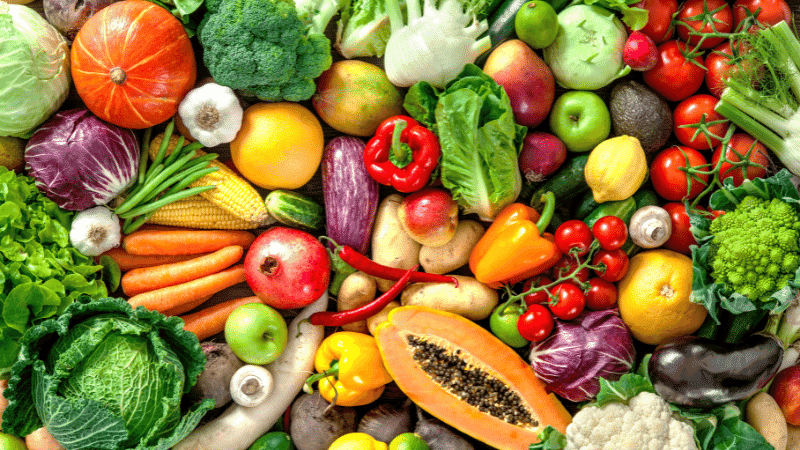When it comes to decreasing inflammation, a cabinet full of pills and a freezer full of ice packs will only get you so far.
More times than not the inflammation is chronic, rather than acute.
Chronic inflammation is often caused by your body and immune system being off balance.
What you eat may not only be increasing inflammation, it could cause dangerous conditions like obesity, heart disease, diabetes, and even speed up the aging process.
The following are a few foods that are great in respect to decreasing inflammation with diet:
- Blueberries– contain large amounts of antioxidants like anthocyanins, which can be great for chronic pain. Adding them to yogurt, cereal or a smoothie for breakfast are great ways to get your day started right.
- Dark Greens– Spinach, kale, and other green leafy vegetables are high in Vitamin K, known to support strong bones and joints. All can be eaten raw in a salad, cooked as a side, or even incorporated into a sauce or shake. Spinach can make a nice substitute for basil in a pesto sauce.
- Salmon– one of the greatest sources of omega-3 fatty acids, salmon can be highly effective at decreasing inflammation. It can be eaten smoked, raw as in sushi or sashimi, grilled, baked, poached or even made into a salmon burger.
- Onions– rich in antioxidants like quercetin that fight inflammation. As a bonus, they contain sulfur compounds that help with your immune system. If you are not a huge fan of onions, you can always use them as a spice to add flavor to a savory dish.
- Garlic– one of the most effective foods when it comes to decreasing inflammation with diet. Whenever possible, use raw garlic when spicing up your dish. Garlic supplements are also available for anyone who doesn’t find the taste appealing or worries about the after breath.
- Red Peppers and Carrots– contain high volumes of antioxidants known as carotenoids, which are similar to the anthocyanins found in blueberries. These antioxidants are also found in foods like sweet potatoes and mangoes. They are known to boost your immune system while decreasing inflammation.

Some foods to avoid when trying to decrease inflammation:
- Diet Soda– Although many people think they are a great alternative for keeping your weight down some. The artificial sweeteners in diet soda can dehydrate you and hydration plays a vital role in inflammation and pain relief. Aspartame has also been associated with causing headaches.
- Sugars– can worsen pain by increasing insulin levels. White bread, white flour, and grains are processed as sugars in your digestive tract, so consume in moderation. Also, consider grabbing a fresh piece of fruit if you crave a sweet rather than fruit juice. Fresh fruit contains fiber, nutrients, vitamins, and no added sugars like some juices can contain.
- Fried Foods– contain high levels of omega-6 fatty acids which are known to be pro-inflammatory. Try substituting baking in the oven with bread crumbs for traditional fried foods.
- Red Meat– can cause too much arachidonic acid to build up and lead to painful conditions like gout. While Red Meat is rich in iron, substituting beans or broccoli into a dish can add that iron as well.
- Eggs– just like red meat, the yolks have high amounts of arachidonic acid, which can lead to increased inflammation and pain. If you eat a lot of eggs, try leaving out the yolk. It will help cut the fat and cholesterol as well. Most restaurants will actually have an egg substitute or egg whites as an option. You can also try spicing it up a little or adding a small amount of cheese.
- Dairy Products and Milk– contain casein, which most people have difficulty digesting in large volumes. This will often cause a painful reaction in your body. While high in calcium, protein, and vitamin D, it needs to be consumed in moderation. Try substituting unsweetened almond, soy, coconut, or a blend of these in your morning cereal.

There are many more foods on the spectrum that can either decrease inflammation and pain or act to increase it.
Making minor additions and subtractions from your diet can go a long way in combating these chronic conditions and get you on track to feeling better.
For a step in the right direction, come to SportsCare for a complimentary wellness screening.


